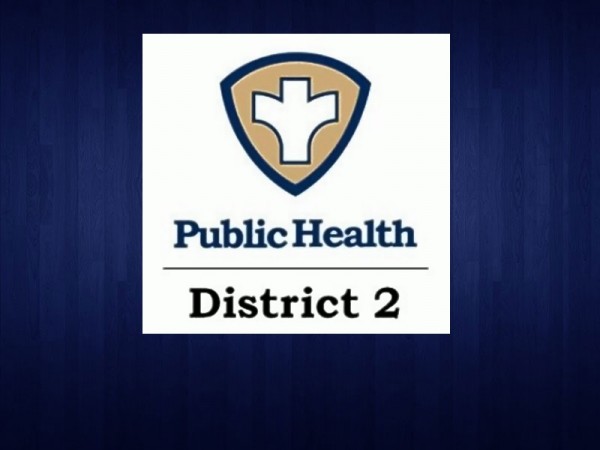ATLANTA (AP) Technical issues with Georgia's new online system for state exams affected an unknown number of students taking tougher exams tied to Common Core standards this spring, state officials said.
Although officials acknowledge that rolling out a large change to more than 2,000 Georgia schools is bound to require adjustment, the state superintendent says he is considering the next steps.
``It is still unacceptable to have even one district having a problem when our testing contract calls for a robust online testing program,'' Superintendent Richard Woods said in a message to districts. ``We will be holding CTB McGraw-Hill accountable for this mistake, I assure you.''
Georgia signed a $107 million contract with the company in May 2014 to develop the exam. The agreement allows the state to request some repayment if the company fails to deliver.
In a statement, company spokesman Brian Belardi said employees worked to address issues during testing. He said Georgia students completed more than 2 million tests successfully but every student should have a smooth experience.
``We take responsibility for the difficulties that some students and educators have experienced to date with the online system, and we will continue to do everything in our power to resolve any issues and improve the experience for the remainder of the testing window,'' he said.
State officials aren't sure yet how many students were affected by glitches in the online testing but said problems detected in three test runs earlier this year should have been fixed before real exams began.
``We're incredibly disappointed and incredibly frustrated for the kids that sat in front of a computer that just spun and spun and spun,'' said Melissa Fincher, deputy superintendent for assessment and accountability at the Georgia Department of Education.
As problems cropped up, state officials instructed districts to temporarily suspend testing or switch to paper copies. Georgia districts were required to use online testing for at least 30 percent of exams this year.
Georgia's experience wasn't as severe as problems reported in Nevada, Montana and North Dakota, including a systemwide crash in April. Nevada has continued to experience issues with the test developed by New Hampshire-based Measured Progress, but the other states saw improvement. Officials in those states have said they are discussing legal options with their state attorneys general.
Georgia originally planned to weight student test scores as a large percentage in teachers' performance evaluations this year but the tight turnaround prompted state officials to delay that change. Educators still fear technical issues affecting scores that will be used in a state index measuring school performance. That index would be used to determine ``chronically failing'' schools eligible for state takeover if a proposed constitutional amendment backed by Gov. Nathan Deal passes in 2016.
``There are still high-stakes tests, and the system's not working,'' said Tim Jarboe, director of assessment accountability at the Clarke County School District.
Jarboe said a ``screen reader'' function was slow or unusable for some special education students, forcing them to log in multiple times. A student can select words to be read aloud by the system, letting him or her be in control rather than an adult reading from a paper exam, he said.
Things did run smoothly in many places. For example, Lincoln County Schools' seventh-grade students and those in special education from third through 12th grades began their online testing after most of the issues had been resolved in mid-April.
Lincoln Superintendent Brian Campbell said some students experienced a few slow periods but most seem to prefer online testing.
``Anytime you go through a massive change like this across a state, you're going to have some problems,'' Campbell said.
Tuesday
November 5th, 2024
7:47AM















